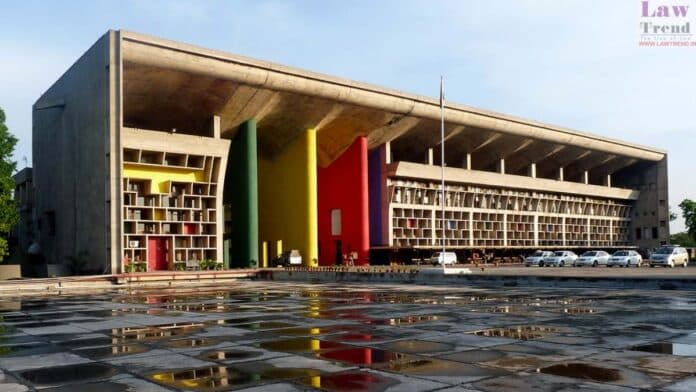The Punjab and Haryana High Court on Thursday quashed the FIR against television journalist Bhawana Kishore, who was booked last year under the SC-ST Act after the car she was travelling in allegedly hit a woman.
The Times Now journalist had travelled to Ludhiana to cover an Aam Aadmi Party event attended by Delhi Chief Minister Arvind Kejriwal and Punjab CM Bhagwant Mann.
It was alleged that a car in which she and a cameraperson were travelling hit a woman, causing injuries to her. The FIR also said the TV reporter uttered “caste-indicative” words against the complainant.
Apart from charges related to rash driving and causing hurt under the Indian Penal Code, Kishore was also booked by Punjab Police under the Scheduled Castes and Scheduled Tribes (Prevention of Atrocities) Act.
Punjab Police arrested the reporter, cameraman Mrityunjay Kumar and their driver Parminder Singh in May last year. They were later granted bail.
The journalist moved the high court, seeking quashing of the FIR.
In his order quashing the FIR, Justice Anoop Chitkara said continuing with the criminal proceedings would be an “abuse of the process of law”.
He said it was “undisputed” that the accused had no personal knowledge of the victim’s caste.
Journalist bodies had condemned the police action. The Editors Guild said the FIR registered against the reporter “appears excessive and with undue haste”.
The journalist submitted before the high court that she was visiting the location to cover a political event and had never met the complainant in her life, and was unaware of her caste.
So there was no question of her violating the SC-ST Act, she said.
Her lawyer argued that the FIR was politically motivated, concocted and throttled the voice of the media. The court took note of her argument that even the complainant did not state that the petitioner knew her or her caste.
Also Read
In his order, the judge said it would be a “travesty of justice” to arrive at a prima facie finding that the petitioner who was not driving the car had caused the accident.
On the alleged offence under the SC/ST Act, the court said, “It remains undisputed that the accused/petitioner had no personal knowledge of the victim’s or her family’s caste. As such, the Court cannot presume that the accused was aware of the victim’s caste or tribal identity.”
“Given this, the primary burden was on the complainant to establish this knowledge, which they did not state,” it added.
“Neither the State nor the complainant mentioned that the petitioner was aware of the victim’s caste, and their conspicuous silence speaks more than the words,” the court said.
The judge called it a fit case where continuing criminal proceedings shall amount to an “abuse of the process of law”.




